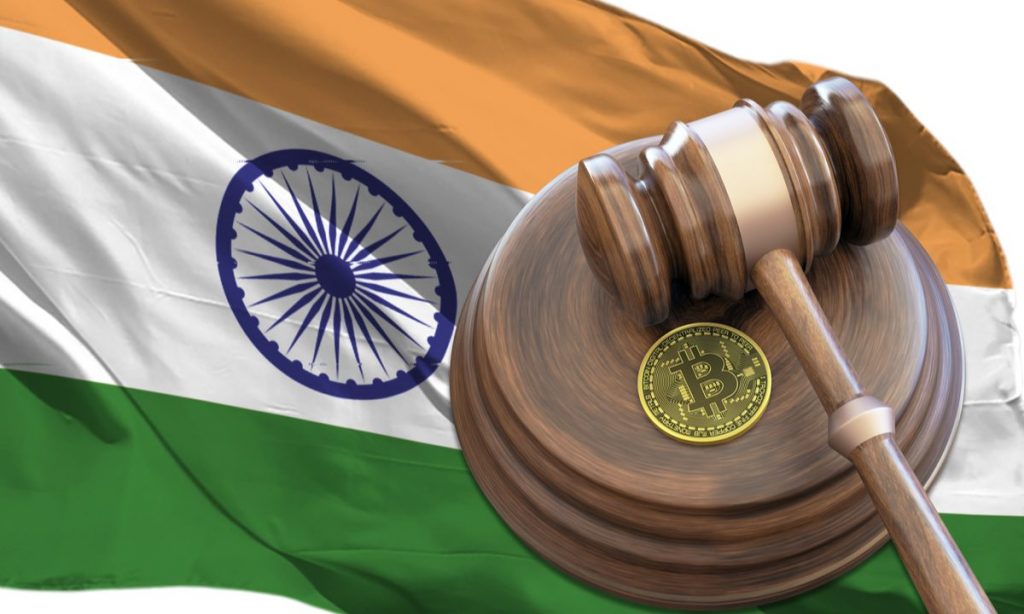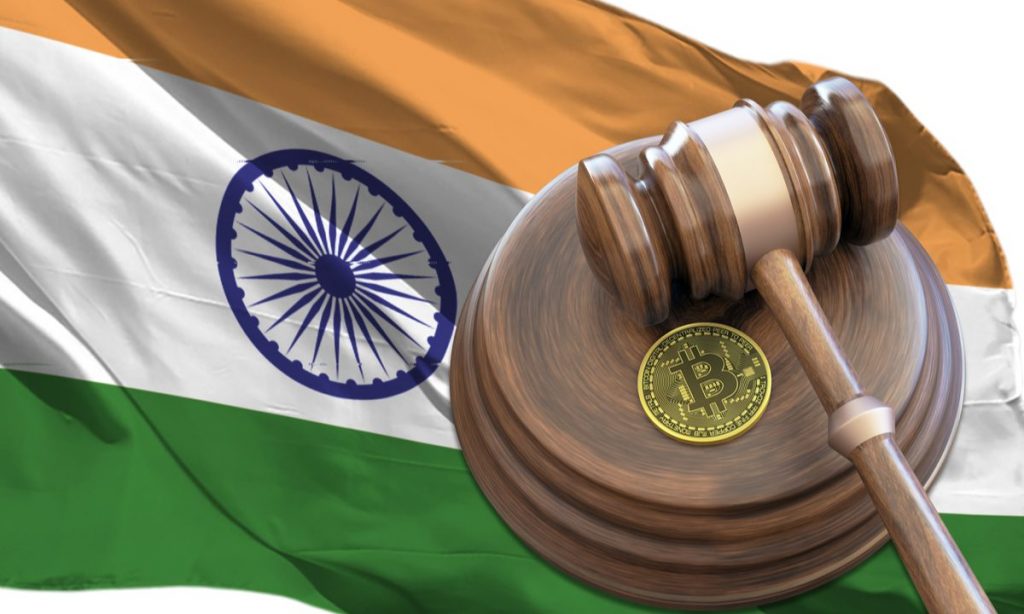India’s Supreme Court Rejects Call for Crypto Regulation, Citing Legislative Jurisdiction


The post India’s Supreme Court Rejects Call for Crypto Regulation, Citing Legislative Jurisdiction appeared first on Coinpedia Fintech News
The Supreme Court of India has dismissed a Public Interest Litigation (PIL) that called for establishing regulatory guidelines for cryptocurrency trading, marking a pivotal moment in the country’s approach to governing digital assets.
The bench, led by Chief Justice D. Y. Chandrachud, declared the petition’s demand to be of a legislative character, which is beyond the scope of judicial intervention under Article 32 of the Constitution. The justices stressed that while the petitioner’s ostensible aim was to establish trading guidelines, the underlying motive seemed to secure bail in related legal proceedings.
The Petitioner’s Background
The PIL was filed by Manu Prashant Wig, who is currently detained and facing charges by the Delhi Police’s Economic Offences Wing for allegedly defrauding investors. The call for regulation was viewed skeptically by the court, which suggested that the true intention was to influence bail proceedings.
The court reaffirmed that creating policy for cryptocurrencies is the prerogative of the legislature, not the judiciary. This separation of powers places the onus on lawmakers to debate and enact the necessary legal frameworks to regulate the crypto market.
The Current Crypto Trading Climate in India
India’s current lack of a definitive regulatory regime for cryptocurrencies has led to an environment of uncertainty. The court’s dismissal of the PIL may fuel further debate among policymakers, investors, and stakeholders within the crypto space.
Sources suggest that India is in the advanced stages of formulating a regulatory framework for cryptocurrencies, with input from international financial organizations. This framework, expected in the coming months, aims to establish clear rules and safeguard investor interests.
As the nation awaits legislative action, the Supreme Court’s decision has drawn a clear line of demarcation between the responsibilities of the legislative and judicial branches regarding cryptocurrency regulation. The forthcoming months are critical as India positions itself in the global crypto economy while ensuring financial security and market integrity.
The Supreme Court’s judgment is not the end of the road for crypto regulation in India but a redirection towards the legislative process. With India’s potential to be a significant player in the global cryptocurrency market, all eyes will be on the Indian Parliament as it deliberates over the proposed legal framework.
